Members of the Wake Forest community gathered in Benson University Center on Nov. 8 for a teach-in which aimed to create a space to discuss and learn the context surrounding the ongoing Israel-Hamas war — and the broader conflict between Israel and Palestine from which the current war stems.
The event was led by four faculty members — politics professors Dr. Michaelle Browers and Dr. Charles (Hank) Kennedy, and history professors Dr. Barry Trachtenberg and Dr. Mir Yarfitz. Each professor shared an approximately 12-minute presentation then opened the discussion to attendee questions. The discussion was moderated by Associate Teaching Professor of Religious Studies Dr. Tanisha Ramachandran.
According to Trachtenberg, the event was organized in response to students’ concerns that they did not have a space on campus to discuss the ongoing violence in Gaza.
“We hoped that by hosting this teach-in we could create that space to normalize conversations about Palestine, Gaza and genocide in our community,” Trachtenberg said.
The speakers emphasized that tensions between Palestine and Israel have been brewing since the 1800s, acting as a backdrop for this contentious war. The present Israel-Hamas war began on Oct. 7, when the Palestinian militant group Hamas conducted a surprise attack on Israeli towns bordering the Gaza Strip, a Palestinian territory that Israel and Egypt have blockaded for the past 16 years. (Editor’s Note: The Old Gold & Black follows AP Style guidance, which is to refer to Hamas as a militant group.) Approximately 1,200 people were killed in the attack. Israel’s response, which includes airstrikes and a ground invasion, has killed more than 11,000 people, according to the Gaza Health Ministry.
The teach-in is the first event hosted by Wake Forest professors in response to the Israel-Hamas war. Students have also organized events — including vigils hosted on Manchester Plaza by Jewish students and the Muslim Students Association on Oct. 10 and Nov. 1, respectively. The university has also held a series of events called “Holding Space,” which aim to give Wake Forest community members a place to process and reflect on the Israel-Hamas war. Wake Forest has also sponsored bystander intervention trainings with specific focus on Islamophobia and antisemitism.
Trachtenberg noted the importance of being able to discuss violence against Palestinians without the fear of being threatened.
“There is a very strong apparatus that is mobilized in support of this genocidal activity, and to speak out against it means risking one’s safety and that risk is different for different people,” Trachtenberg said. “I have heard from a number of students on our campus that they have received threatening messages — very often sent to them anonymously either through social media or direct texting — which is obviously contributing to a greater climate of fear.”
We hoped that by hosting this teach-in we could create that space to normalize conversations about Palestine, Gaza and genocide in our community.
— Barry Trachtenberg, Rubin Presidential Chair of Jewish History
Yarfitz expressed hope that the teach-in would help diminish student fears and create an open space for questions.
“My hope is that students feel like they have the room — even if it feels uncomfortable or anxiety-provoking — to learn about this, to learn more about this history, to learn more about why it’s so uncomfortable…and, ideally to be able to talk about it with one another, even though it is uncomfortable,” Yarfitz said.
Trachtenberg opened the panel with a discussion of early Zionism — a movement originally intended to establish a Jewish homeland in Palestine and now is an ideology that focuses on ensuring Israel’s continued existence. He also gave a foundational history of Jewish emigration from 1881-1924 and early relations between Palestinians and Jewish settlers.
Trachtenberg also explained how Israel came into existence, from the 1917 Balfour Declaration, which expressed British support for a Jewish homeland in Palestine, the 1937 Partition Plan, which recommended dividing the territory into a Jewish state, an Arab state and a British protectorate; and the 1948 Plan Dalet, a military operation during the 1948 Palestine War.
Kennedy discussed the ways in which Israel has violated the terms of the original 1948 partition as defined by UN Resolution 181, which created the state of Israel, specifically by creating settlements in the Palestinian West Bank region.
Browers shared maps that showed where Palestinian and Israeli settlements are located in the West Bank and Gaza Strip. She also provided graphs and statistics showing the total Palestinian versus Israeli death counts since 1988 and since Oct.7. The graphics also showed the number of deaths of United Nations employees, healthcare workers, humanitarian personnel and journalists.
Yarfitz’s presentation centered on the history of antisemitism, distinguishing between forms of antisemitism that have existed for centuries and forms that are more specific to certain eras and contexts. Yarfitz also presented examples of antisemitic and non-antisemitic critiques of the State of Israel and emphasized that criticism of Israel is not in itself antisemitic, but that certain antisemitic tropes can make their way into such criticism.
As the panel spoke, attendees were invited to submit questions through a QR code for a Q&A portion of the teach-in, which took place at the end.
As the panel transitioned from the presentations to the Q&A, Trachtenberg pointed out an attendee seated in the front of the room who brought an Israeli flag. Trachtenberg said later that he believed the attendee was a student. The Old Gold & Black was unable to confirm the attendee’s identity by publication.
“I didn’t know if the student was going to make any sort of demonstration, but I had the sense that there was a distinct possibility,” Trachtenberg said. “I actually think that the event was a great success in terms of achieving our aims and I thought that one sort of minor episode did nothing to detract from it.”
The questions submitted centered on Israeli occupation of Palestine and the history of the Israel-Palestine conflict. In response to submitted questions, panelists took the opportunity to expand upon their original presentation topics. For example, Browers reiterated the total Palestinian versus Israeli death counts since 1988.
The final question addressed by panelists was regarding Kenan Chair in the Humanities Laura Mullen’s resignation, which is effective Dec. 31. Mullen told the Old Gold & Black on Oct. 31 that she had resigned for personal reasons. Her resignation follows threats and intense criticism she received because of a post on her personal X account about the Israel-Hamas war.
“The university failed in its response…it came out the day after the hospital in Gaza exploded and to put that out was an utter disgrace,” Trachtenberg said at the panel.“This was one of the first times I was ashamed to be affiliated with this university.”
The Old Gold & Black reached out to the university’s Communications and External Relations office for comment and did not receive a response.
Two attendees declined the Old Gold & Black’s requests for an interview.
Freshman Ella Yoder said she attended the teach-in and expressed her desire to seek out more information about the ongoing war.
“I felt like I didn’t know enough about the situation. I knew the general gist of what was happening, but I wanted to actually know more of the history and the details. I just wanted to educate myself,” Yoder said.
She went on to express the importance of educating oneself on the details of the present war and continuing this discussion at Wake Forest.
“I haven’t heard anyone really talking about these issues like in my classes or my professors or friend groups,” Yoder said. “I feel like just learning about genocides and atrocities that happened are really beneficial for us as a society so that we can try to avoid them in the future and to understand people’s identities, knowing what certain marginalized groups have had to go through.”


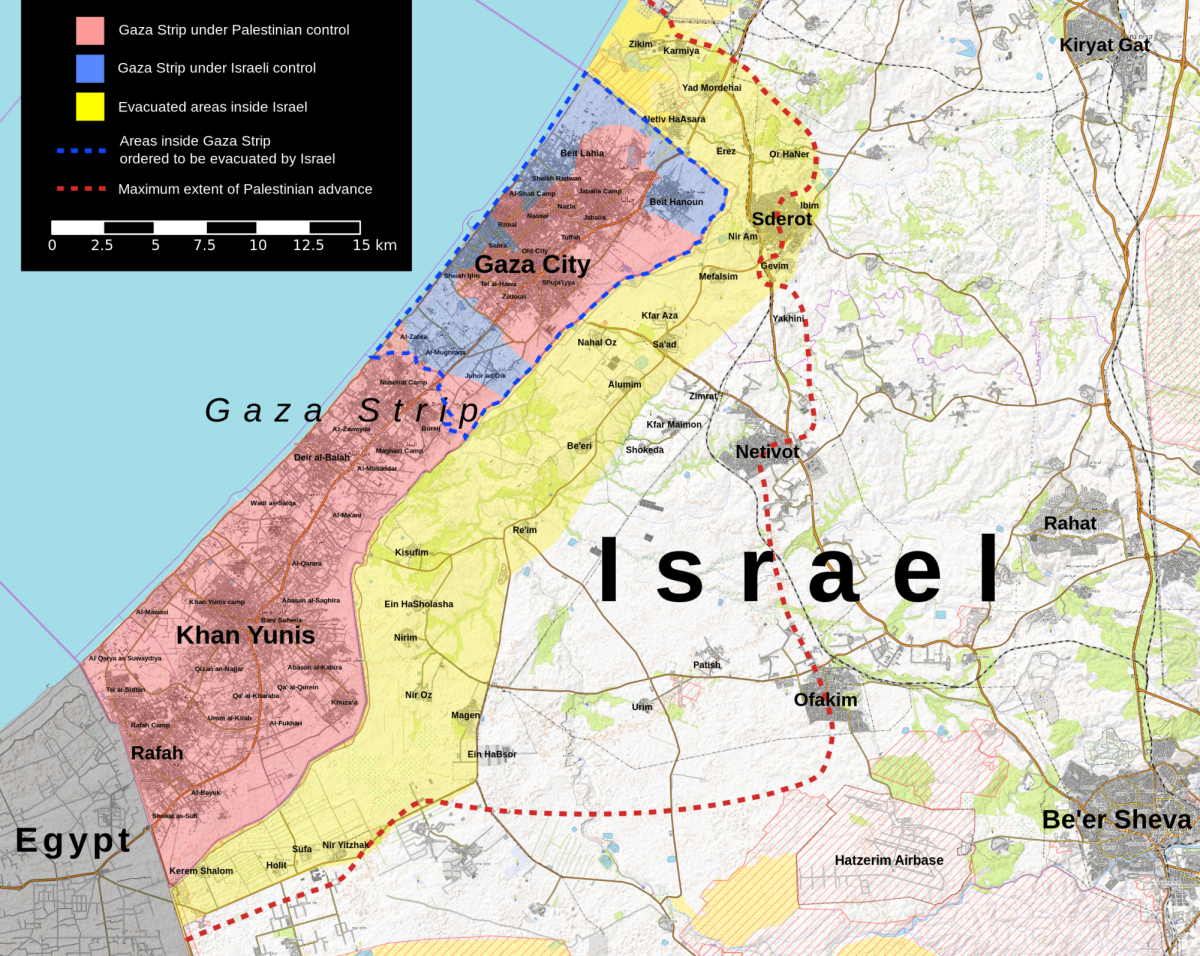
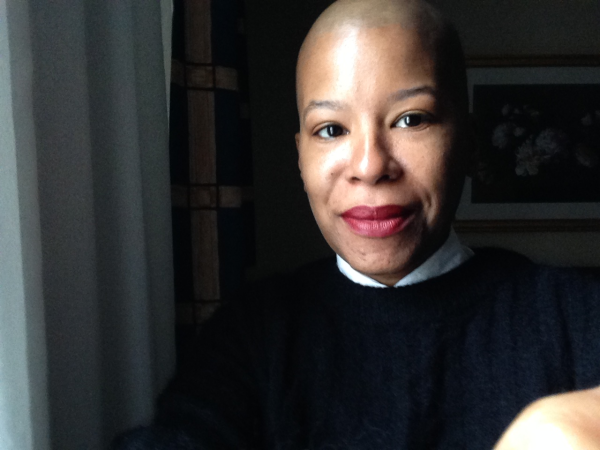
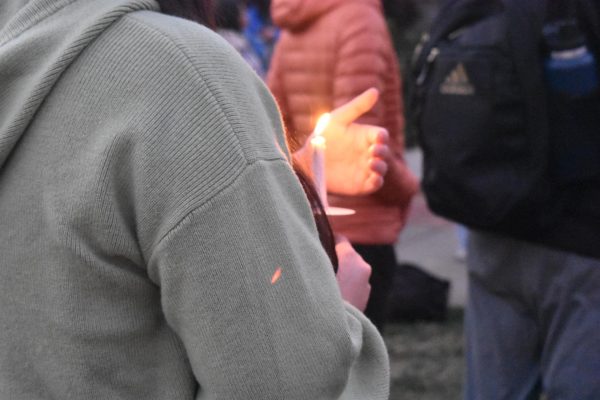
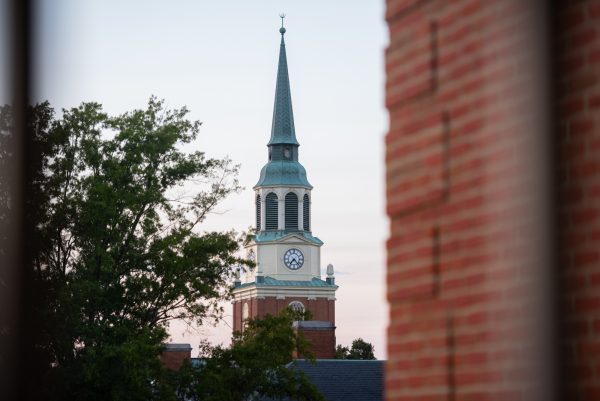
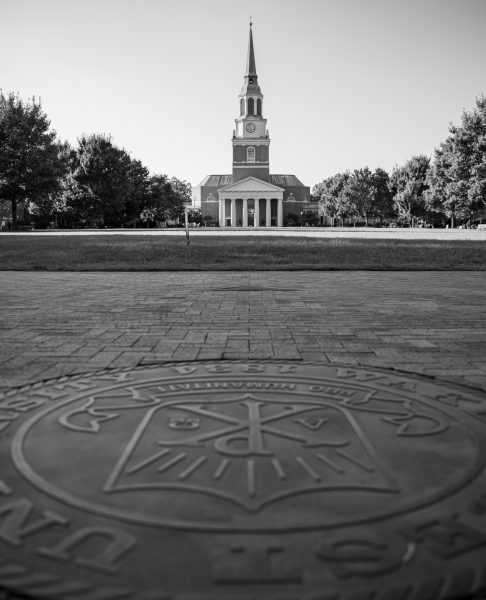






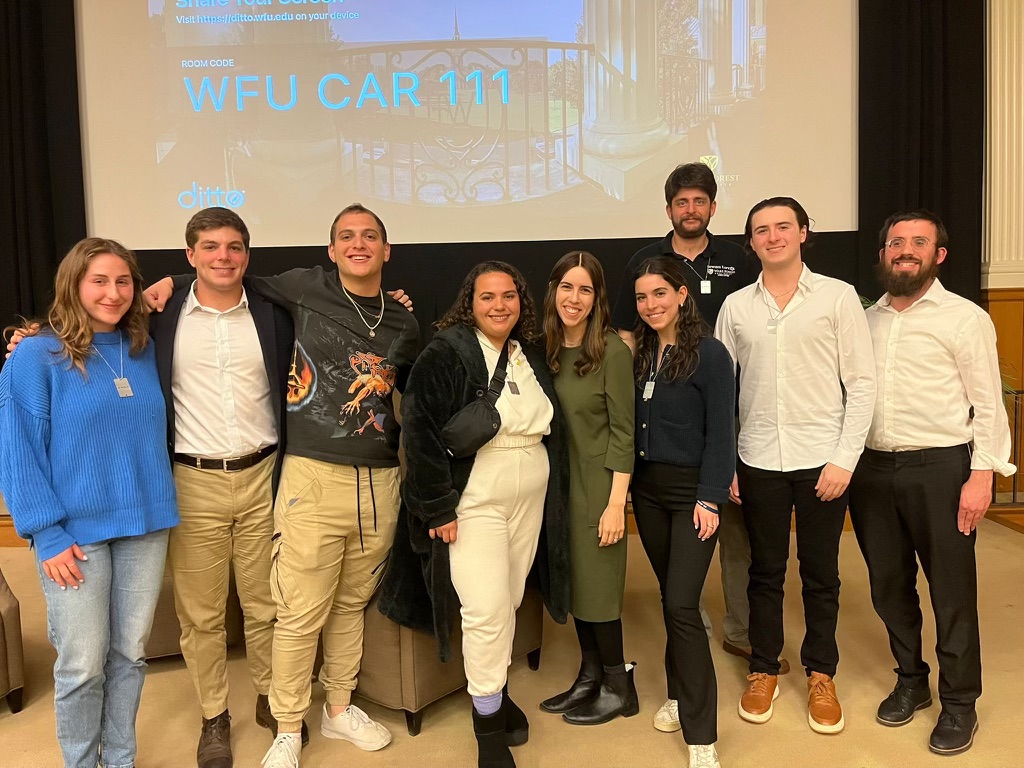
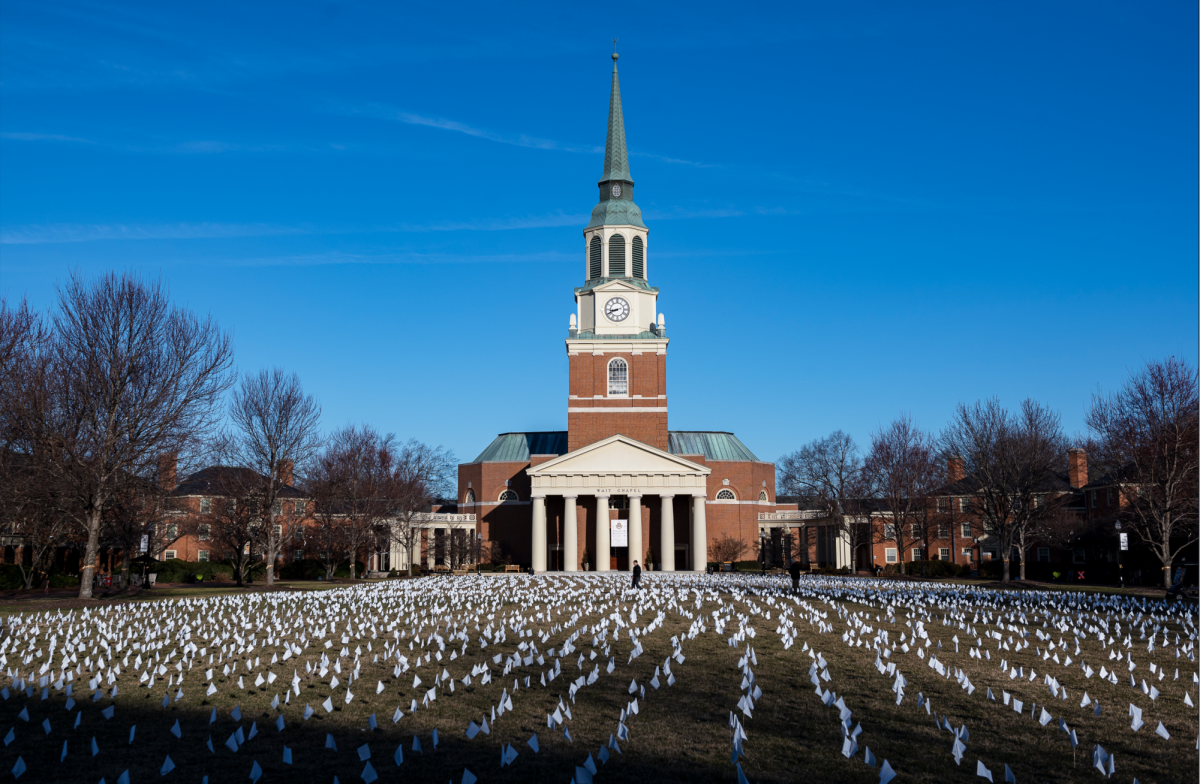
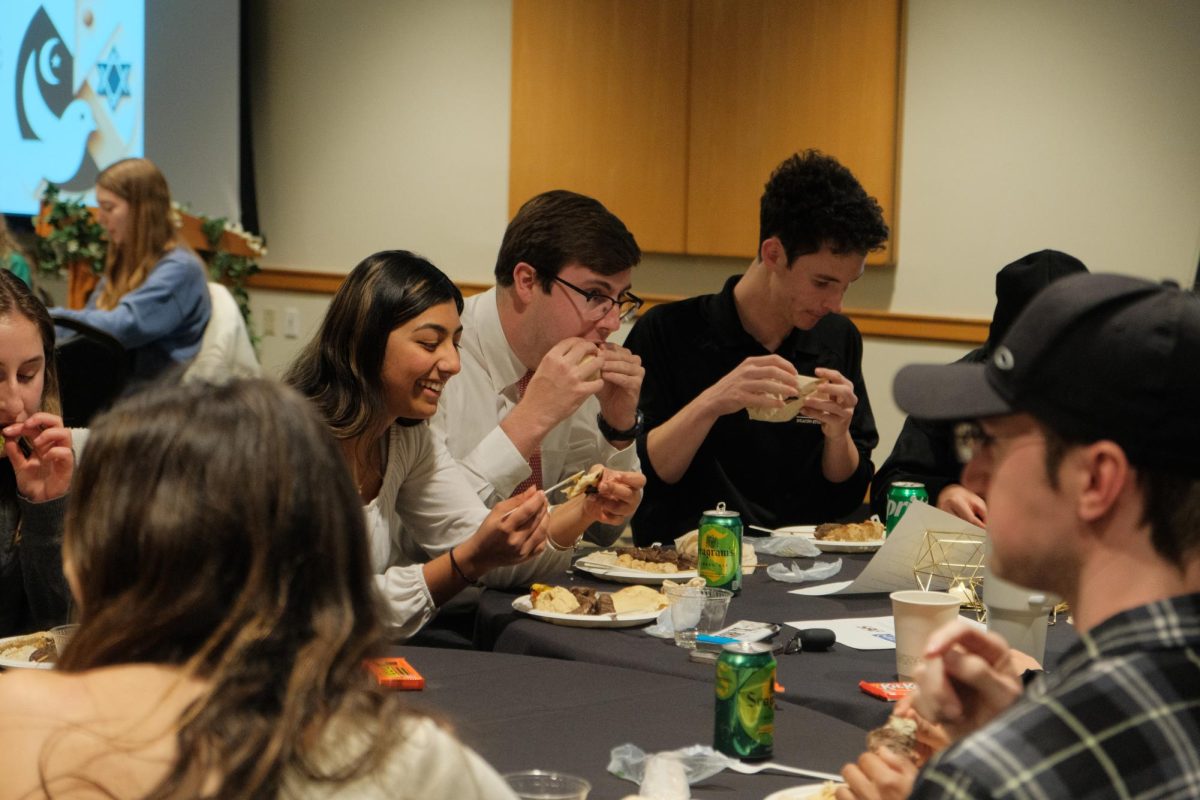
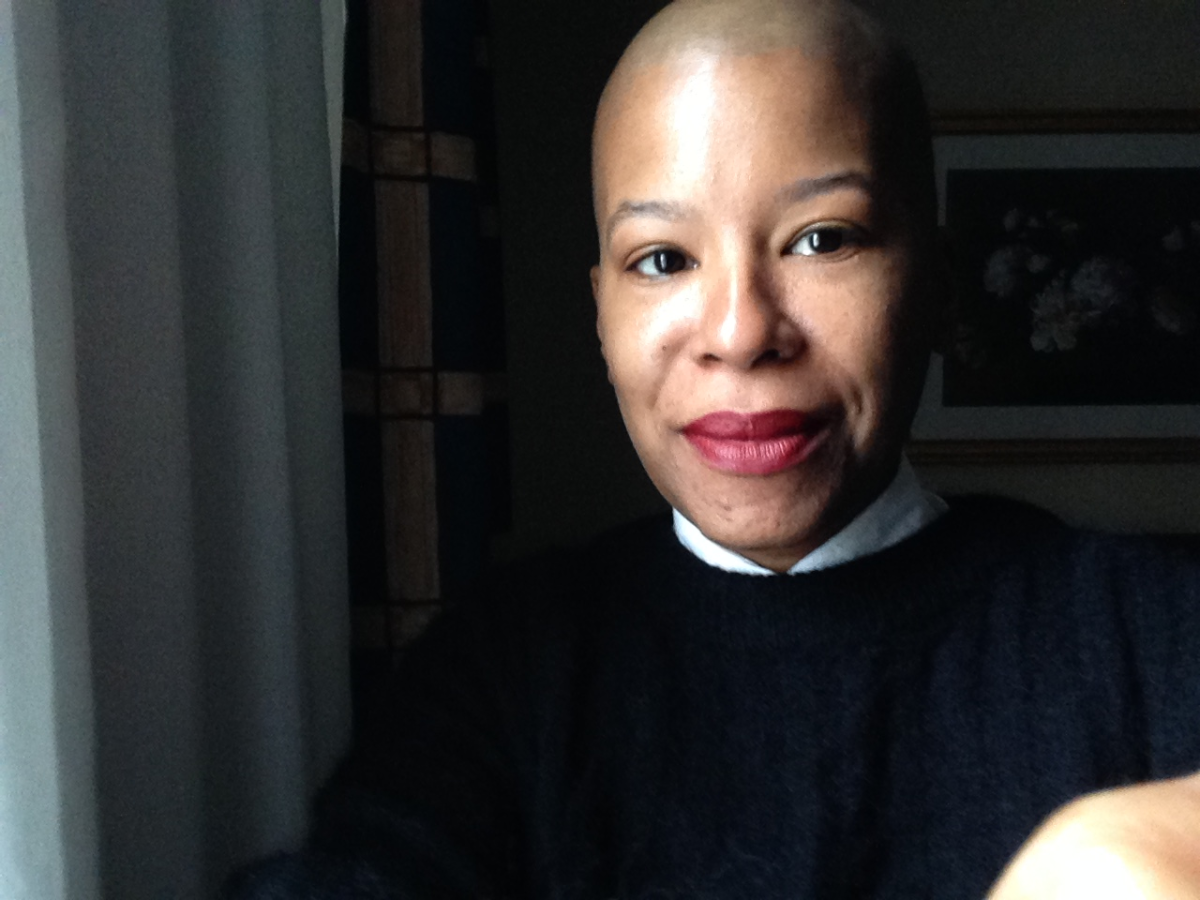
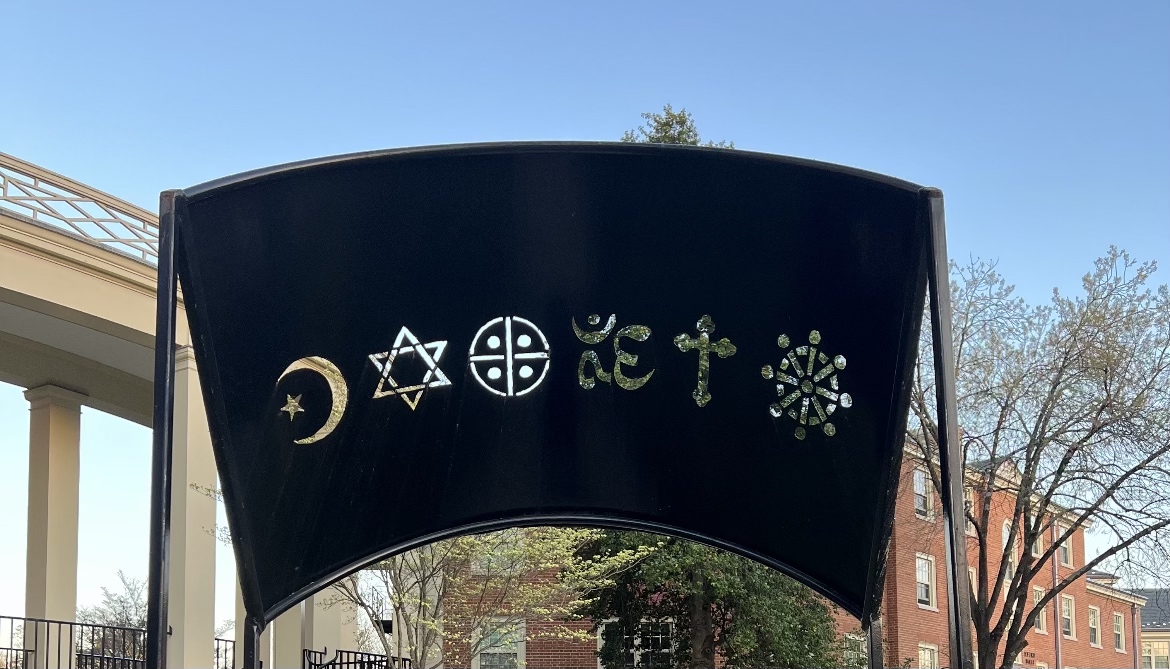
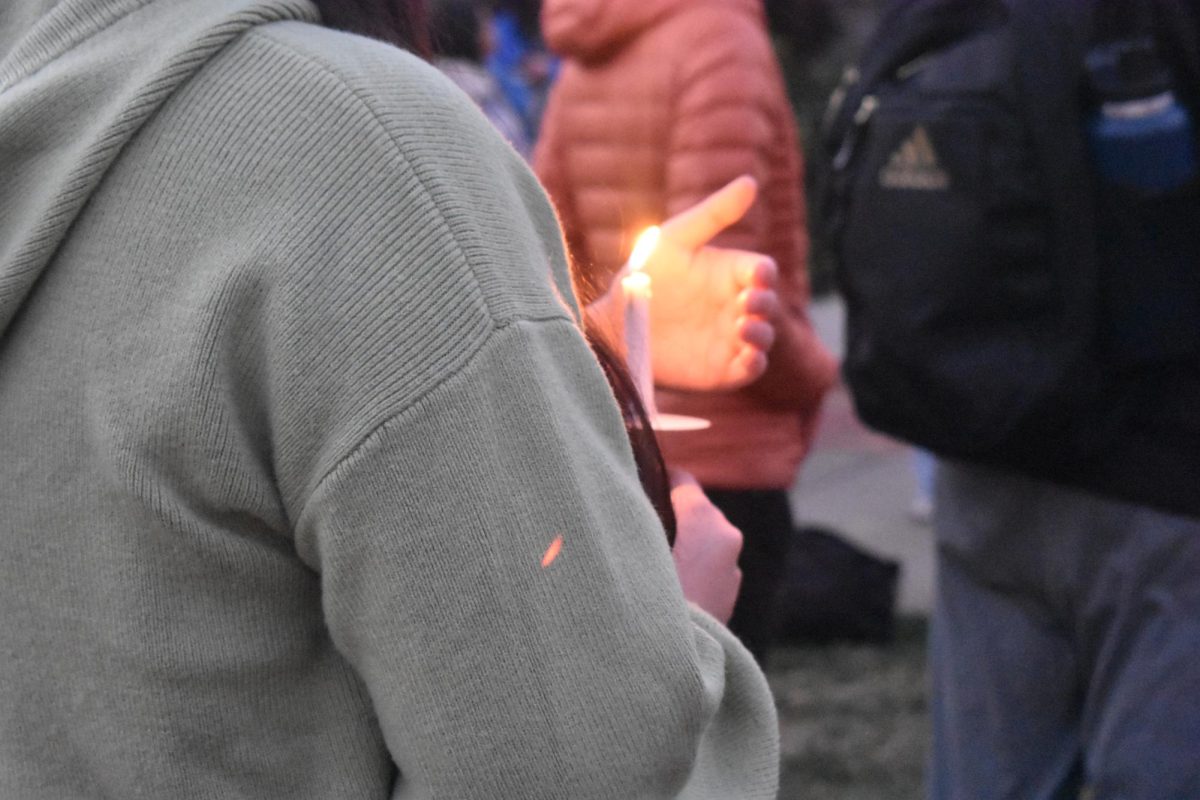






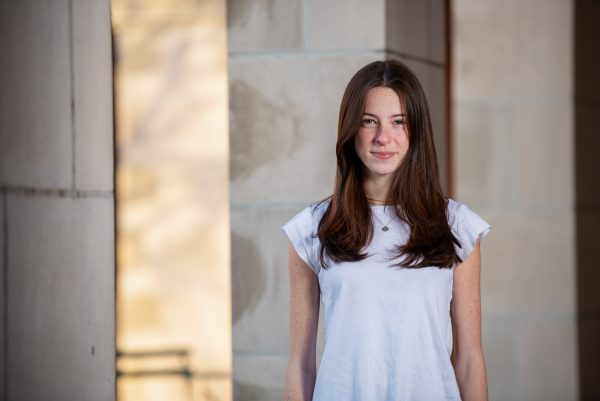
Ren • Dec 6, 2023 at 10:16 pm
Glad to hear this very informative gathering was held. I’m curious, do you have the attendance numbers?